
Read offline
áudio gerado automaticamente
1×
Faça o Login para ouvir o resumo em áudio.
áudio gerado automaticamente
Recommendation
The Internet democratized traditional media, and many publishers, newspapers, record producers and entertainment firms collapsed in the ensuing upheaval. Politic adviser Jeremy Rifkin explains the economic factor that led to this phenomenon and predicts that the manufacturing and energy industries are ripe for a similar overhaul. Rifkin delivers his thesis in an eloquent, accessible manner. While his ideas will intrigue a broad audience, getAbstract recommends his candid report especially to economists and to stakeholders in energy production and manufacturing.
Summary
About the Speaker
Political adviser Jeremy Rifkin is president of the Foundation on Economic Trends.
By the same author
Learners who read this summary also read
Book
Book








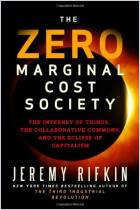


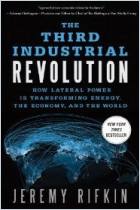
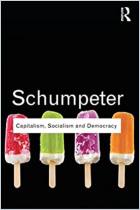
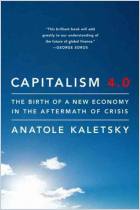
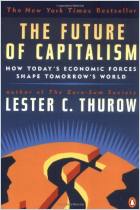
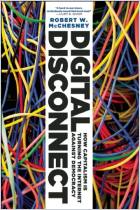





Comment on this summary or Iniciar a Discussão